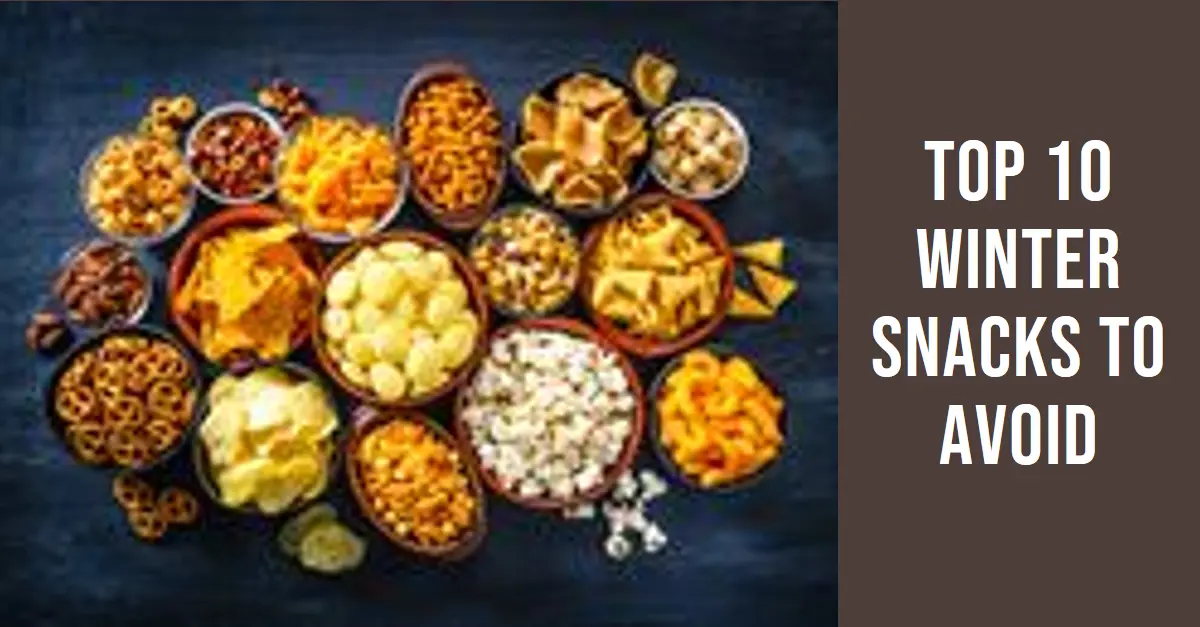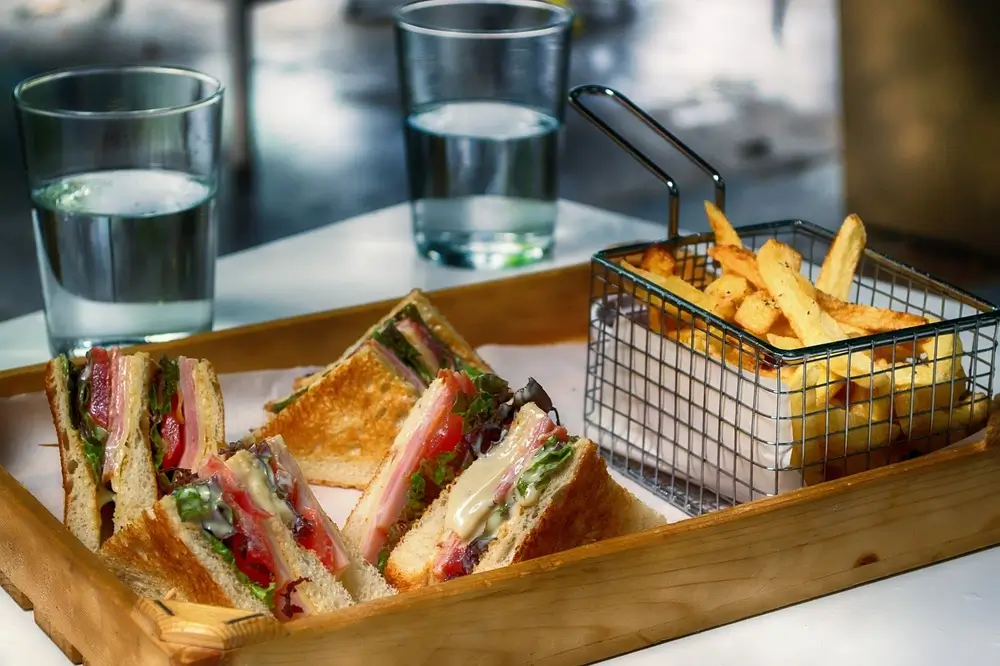If you’re like most people, you probably snack more than you’d care to admit. Whether it’s out of boredom, stress, or hunger, snacking can quickly become a habit that’s hard to break.
While there’s nothing quite wrong with getting a snack during the day, excessive snacking can lead to all sorts of problems, including weight gain. That’s why it’s crucial to get alternative ways to tame your cravings and stick to healthy eating habits.
Here are some effective natural ways to do just that:
1. Drink Plenty of Water
One of the best ways to curb your appetite is to make sure you’re properly hydrated. When you’re dehydrated, it becomes easier for you to mistake that feeling for hunger. As a result, you end up eating when all your body really needs is a glass of water.
To avoid this, ensure you drink plenty of water throughout the day and sip on it regularly, even if you’re not thirsty. This will help keep your hunger cues in check and prevent you from overeating.
2. Eat More Protein
Protein is an essential nutrient that you can’t afford to miss when you’re trying to limit excessive snacking. It helps keep your body full and satisfied after meals. That’s because it takes longer to digest than other nutrients, such as carbohydrates. Its also been shown to reduce hunger and promote weight loss.
With that in mind, make sure to include protein-rich foods at every meal and snack. Good sources of protein include fish, eggs, beans, lentils, nuts, tofu, and seeds.
And if you find yourself struggling to get enough proteins in your diet, consider taking a supplement like whey protein isolate. This can help you hit your daily protein goals and keep your hunger under control.
3. Get Enough Fiber
Fiber is another nutrient that’s important for weight loss and hunger control. This is because it helps slow down digestion, keeping your stomach feeling fuller for a longer period. Also, fiber helps to regulate blood sugar levels, which play a key role in promoting cravings.
When trying to control your snacking, aim to get an average of 25 grams of fiber per day. This can be easily done by eating plenty of high-fiber foods, such as vegetables, fruits, whole grains, legumes, and nuts.
Also, don’t forget to drink plenty of water when you’re increasing your fiber intake, as this will help prevent constipation.
4. Avoid Processed Foods
Processed foods are high in calories and low in nutrients, making them a poor choice if you’re trying to lose weight or control your snacking habits. They are also often high in sugar, which can cause cravings and energy spikes.
How do you easily tell if your food is processed? Generally, if food comes in a box, can, or bag, it’s likely to be processed. This includes items like chips, cookies, crackers, cakes, and pastries. They may be convenient, but they’re not going to do your health any favors.
With that in mind, try to limit your intake of processed foods and focus on eating more whole, unprocessed foods. These include vegetables, fruits, lean meats, fish, eggs, beans, legumes, nuts, seeds, and whole grains.
5. Don’t Skip Meals
One of the worst mistakes you can do when trying to control your snacking is to skip meals. Why? Because this will only make you feel hungrier later on and tempt you to try unhealthy snacks.
To avoid this, make sure to eat three nutritious meals per day and include healthy snacks as needed. Focus your meals around protein, and fiber, and don’t forget to drink plenty of water.
If three meals per day are too much, you can also try eating smaller healthy meals more frequently. This can help keep your hunger under control and make it less likely that you’ll indulge in unhealthy snacks.
Conclusion
Excessive snacking can sabotage your weight loss efforts and lead to poor health. However, by following the tips above, you can control your snacking habits and keep your hunger under control. Just remember to focus on eating nutritious foods, getting enough proteins and fiber, and drinking plenty of water. And don’t forget to avoid processed foods as much as possible.




